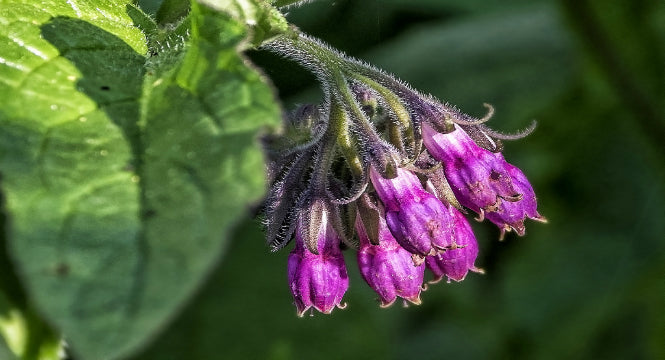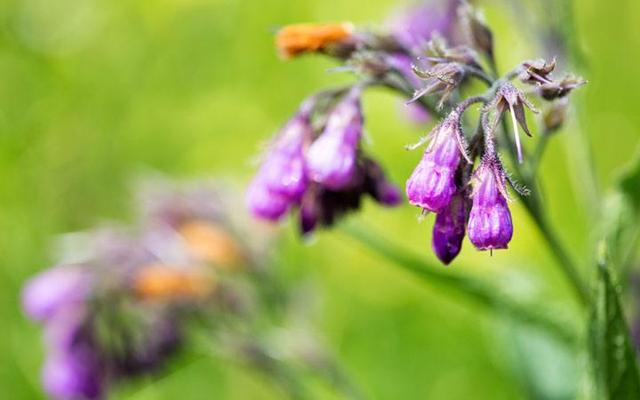In the beauty world, we’re all guilty of overusing skincare ingredients and products while overlooking those that are worthy of more recognition – for example, allantoin. Perhaps you don’t know much about it or you have never heard of it, but it is an excellent skincare ingredient. So, what exactly is allantoin?
Here Are Some of Its Cosmetic Properties:
Allantoin is an extract of comfrey leaves , also known as aluminum dihydroxyallantoate, found in the warm climates of Asia and Europe. With its potent healing and soothing properties, comfrey leaves have been used to heal minor skin wounds and swellings for centuries.
In addition, it can be found in a variety of plants such as beets, chamomile, wheat germ, and even tobacco seeds. Most of these plant species can be extracted for cosmetic use, but the ones found in products are often made in the laboratory. Both versions are safe and effective in skincare and are gaining popularity for their effectiveness and results.
Allantoin comes in powder form and can be found in many creams, moisturizers, scrubs, masks, and other liquids. Although no rigorous scientific studies have been done, anecdotal evidence suggests that the natural moisturizer can hydrate the skin by removing dead skin cells that bind to the skin and prevent it from retaining moisture.
Benefits of Allantoin for Skin
Allantoin has many uses. Here are seven skin benefits of allantoin.
1) Exfoliation
Allantoin has exfoliating properties, so it removes dead skin cells.
2) Improves Skin Elasticity
Allantoin promotes cell growth and supports “rejuvenation” of the entire body. When normal aggressors stress the skin, it tries to repair itself instead of reactivating more cells. As we age, the transit time from the basal layer of the epidermis to the surface layer of the skin becomes more prolonged and more stressful, and these are some of the causes of skin loosening and dryness.
Allantoin helps by promoting cell proliferation. It is a mild but still effective anti-aging ingredient and helps rejuvenates the skin cells. Allantoin is also very helpful in promoting the synthesis of collagen. Since it stimulates fibroblasts (the cells responsible for collagen production), it also increases the synthesis of the extracellular matrix, a powerful source of rejuvenation.
3) Soothes the Skin
Allantoin is also soothing to the skin and helps protect it.

4) Enhances Skin Healing
It is said to soothe damaged skin, promote wound healing, and treats inflammation and rashes.
5) Increases Water Content
Its keratolytic action can increase intracellular water content, which can counteract transepidermal water loss (TEWL) damage in the dermis and keep the skin plump and youthful.
6) Keeps The Skin Smooth
It helps get rid of superficial dead skin cells (stratum corneum) which in turn keeps the skin smooth and soft.

7) Side Effects and Contradictions of Allantoin
Allantoin is considered safe and non-toxic for use in cosmetics. Its gentle anti-ageing, soothing, and non-irritant properties make it suitable for most skin types, such as those with sensitive skin and those with various skin conditions. However, chances are that some people may be allergic to this ingredient, particularly when directly using crushed comfrey leaves, which should be avoided.
How To Use Allantoin?
Allantoin can be found in creams and serums, especially those formulated for anti-ageing purposes. It is very delicate and can be used in your daily skincare routine. However, if you’re still having doubts about whether you can use it or not, the best would be to ask your dermatologist’s advice before using it.
Have you ever used any cosmetic products containing allantoin? Share your reviews with us in the comments below!



